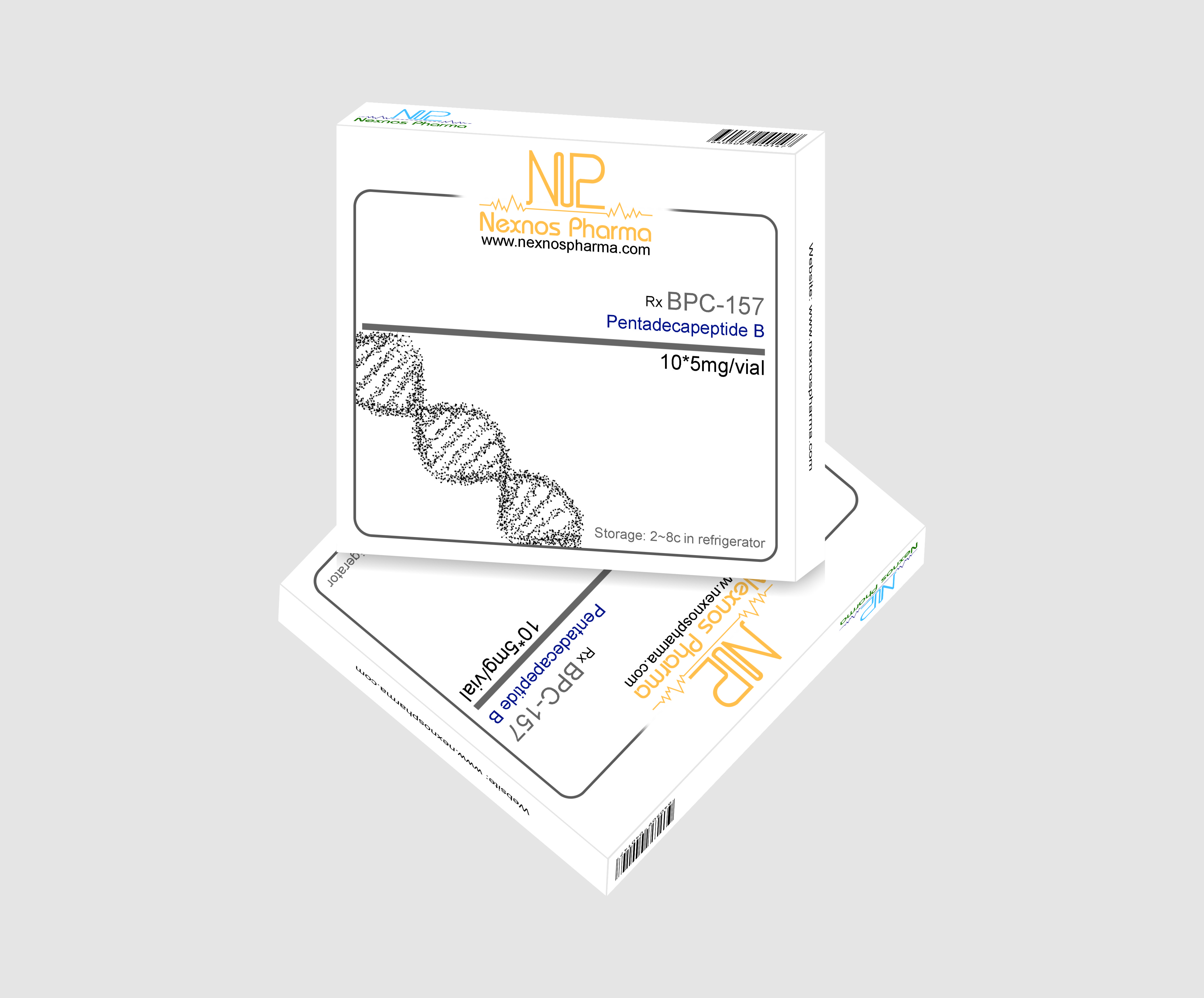
BPC157
BPC157
* The product should only be used after the doctor/trainer advice.
DESCRIPTION:
What are BPC-157’s main benefits?
More research is needed to determine whether BPC-157 has any potential benefits in humans. Studies conducted in rodents and cultured cells have suggested that BPC-157 may support the healing of various tissues, including tendons, joints, nerves, the intestinal tract, the stomach, and skin.
What are BPC-157’s main drawbacks?
BPC-157’s potential drawbacks are uncertain, given the lack of human evidence. No clear toxicity or negative side effects have been reported in studies conducted in rodents, but this research is limited. Therefore, the biggest drawback of BPC-157 is that there is insufficient evidence of its safety.
How does BPC-157 work?
BPC-157 has various possible (potentially overlapping) mechanisms of action, including promoting nitric oxide synthesis, activating cells involved in tissue repair, stimulating the synthesis of growth factors, and inhibiting inflammation.
BPC-157 can be taken orally, topically, or via injection. Oral ingestion of peptides like BPC-157 wouldn’t normally be expected to have a direct effect on tissues outside of the gastrointestinal tract (like tendons and nerves) because peptides aren’t easily absorbed into circulation. However, studies in rodents have suggested that oral ingestion can have systemic effects, meaning that the feasibility of this route of delivery can’t be ruled out.
What is BPC-157?
BPC-157 is a peptide consisting of 15 amino acids. It is derived from a protein found in the stomach. Ingestion or injection of BPC-157 is suspected of enhancing the repair of damaged tissues, although there is currently no human evidence to support this.
Dosage information
Medical disclaimer
The closest possible recommended dose is based on rat studies where oral administration showed benefit, as most studies administer the supplement via injection. The oral dose that was effective in rats, 10 μg/kg, is estimated to be equivalent to 1.6 μg/kg, or:
110 μg for a 150lb person
145 μg for a 200lb person
180 μg for a 250lb person

